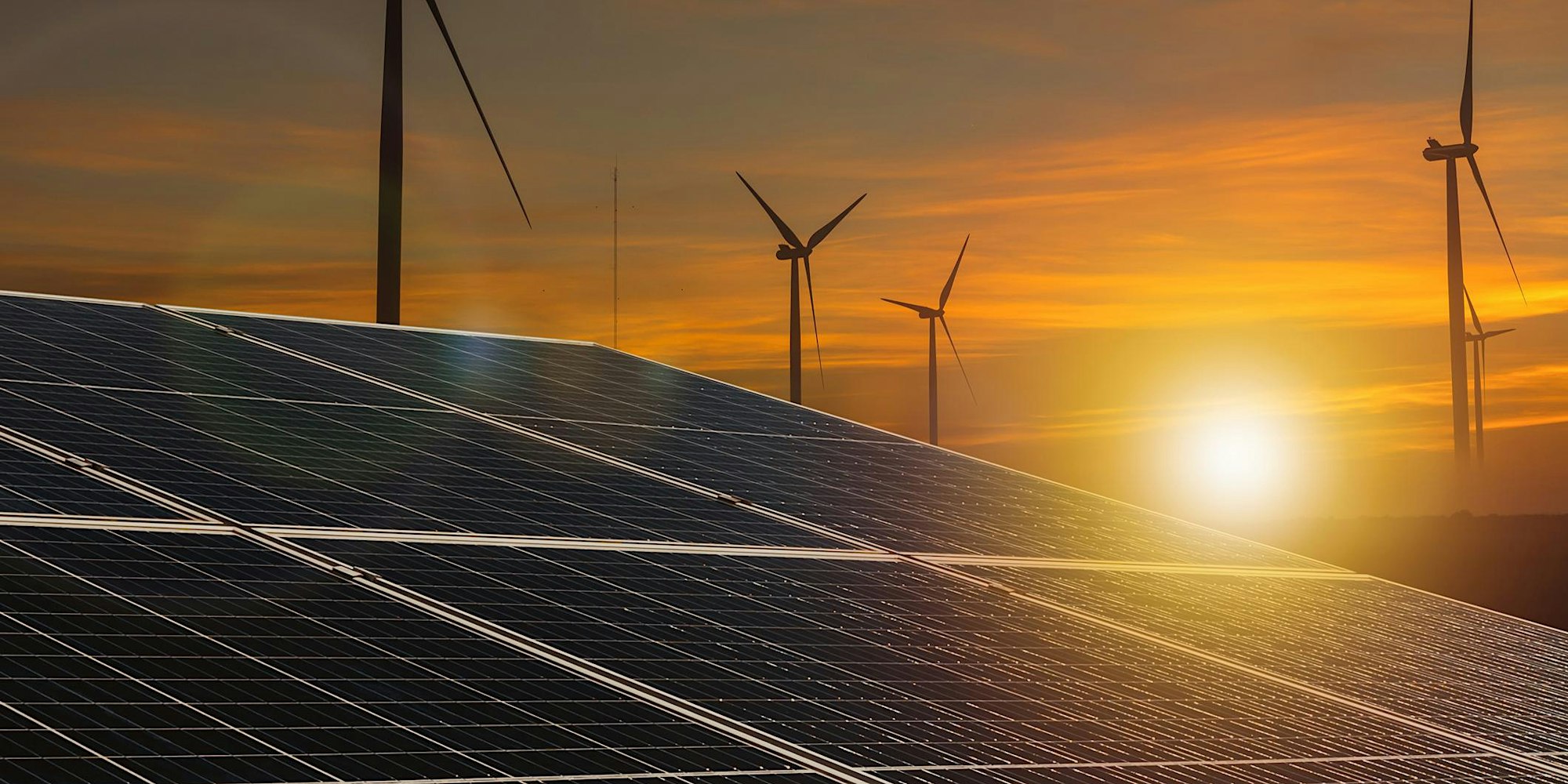Please be sure to check the event organizer’s website for any last-minute changes or cancellations prior to attending.
Have an event that will fit well on our calendar?

- This event has passed.
The Misunderstood Politics of the Energy Transition

Boxed lunches will be available to go following the talk!
Why is the United States struggling to enact policies to reduce carbon emissions? Conventional wisdom holds that the wealthy and powerful are to blame, as the oligarchs and corporations that wield disproportionate sway over politicians prioritize their short-term financial interests over the climate’s long term health. David B. Spence argues that this top-down narrative misses a more important culprit—with critical consequences for the energy transition.
Spence’s book, Climate of Contempt, offers a voter-centric, bottom-up explanation of national climate and energy politics, one that pinpoints bitter partisanship as the key impediment to transitioning to a net-zero carbon future. Members of Congress respond to voters whose animosity toward the opposing party makes compromise politically risky. The most powerful driver of polarization, in turn, is the mixture of ideology and social media that constitutes today’s information environment, which amplifies anger, spreads half truths and falsehoods, and sows division, distorting voters’ understandings of the energy transition and their fellow citizens.
In his talk, Spence explores the effects of polarization, partisanship, and propaganda on energy policy and considers how to build a broader climate coalition. He contends that cooperation on this crucial issue is still possible, but it will require sustained person-to-person engagement across ideological and partisan boundaries to foster a more productive dialogue. Providing a timely and incisive understanding of the politics of the energy transition, he suggests new paths forward and offers hope for a net-zero future.
Speaker
David Spence is the Rex G. Baker Chair in Natural Resources Law at the University of Texas School of Law, and Professor of Business, Government & Society at UT-Austin’s McCombs School of Business. Professor Spence’s research and teaching focuses on government regulation of the energy industry, broadly defined to include economic and environmental regulation of the entire energy sector.
He is author of Climate of Contempt: Rescuing the Energy Transition from Voter Partisanship (Columbia Univ. Press, 2024), and co-author of the energy law textbook, Energy, Economics and the Environment (Foundation Press, 6th Ed., 2023). Professor Spence earned his Ph.D in political science from Duke University, his J.D. from the University of North Carolina, and his B.A. from Gettysburg College.
Moderator
Sanya Carley is the faculty director of the Kleinman Center and Presidential Distinguished Professor of Energy Policy and City Planning at the Stuart Weitzman School of Design. She holds secondary appointments at the Wharton School and the School of Social Policy and Practice. She also co-directs the Energy Justice Lab and is a Resources for the Future (RFF) university fellow.
Carley’s research focuses on energy justice and just transitions, energy insecurity, electricity and transportation markets, and public perceptions of energy infrastructure and technologies. With the Energy Justice Lab team, she built and maintains the Utility Disconnection Dashboard. Carley is an author of the Fifth National Climate Assessment report and a member of the Innovation Policy Forum and the Roundtable on Macroeconomics and Climate-related Risks and Opportunities, respectively, for the National Academies.
We look forward to welcoming guests to the Kleinman Center’s Energy Forum. In accordance with the University of Pennsylvania’s COVID-19 guidelines, masks are optional for all visitors. Boxed lunches will be available to go following the event!
Details
- Date: September 26, 2024
-
Time:
12:00 pm - 1:30 pm
- Website: https://www.eventbrite.com/e/the-misunderstood-politics-of-the-energy-transition-registration-935730895297
Venue
- Kleinman Center for Energy Policy
-
220 S. 34th St., University of Pennsylvania
Philadelphia, PA 19104 United States

